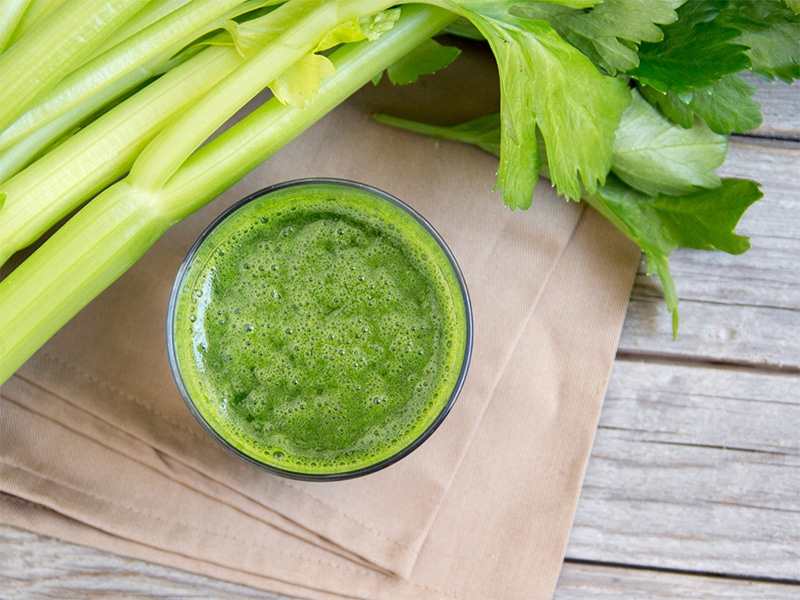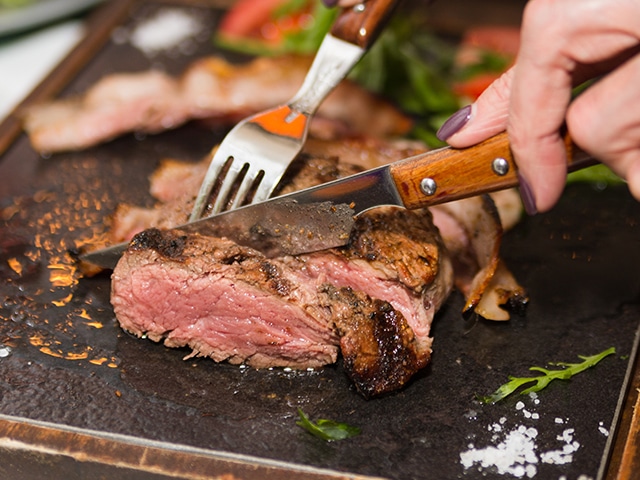Busting the myths behind two popular dieting trends
Detoxing. Infrared workouts. Low-carb. No-carb. And in this case, the keto diet and celery juice. It seems like every week, there is a new diet fad trending on Instagram. Here, Methodist Health System’s wellness team breaks down two of the most popular health claims for you.
Celery juice
The pitch: Loyalists say the latest miracle health elixir is fresh celery juice. Thousands of people, including celebrities, claim that sipping 20 ounces on an empty stomach is changing their lives — curing inflammation, digestive issues, skin conditions, and chronic pain. Juice stores are selling celery juice for nearly $10 a bottle!
Wellness beware: Registered dietitians and food scientists say there isn’t proof that drinking celery juice is any more beneficial than eating the vegetable. In fact, it could be the opposite.
“Juicing may remove a lot of the nutritional content from fruits and vegetables,” says Michelle Knight, CHWC, lead wellness coach and program coordinator for Methodist Charlton Medical Center. “It also takes out most of the fiber content, which is important for digestion and lowering cholesterol.”
While the juice has no research to back it up, raw celery does. Knight says it provides vitamin K, folate, potassium, and other antioxidants. “If you’re looking for the best health benefits, trade in the juice for the whole fruit or vegetable.”
The keto diet
The pitch: The ketogenic (or keto) diet depends on two things: a drastic reduction in carbs and a high intake of fat. The goal is to starve your body of carbohydrates, triggering a metabolic state called ketosis. Because your body can’t use carbs for energy, it becomes efficient at burning fat for energy instead.
Eat a steak and get skinny — sounds great, right? And on social media, your friends following keto look amazing! Wellness beware: When is the last time your friends had their cholesterol checked? Carey Shore, MS, RD, LD, wellness coach and program coordinator at Methodist Dallas and Methodist Richardson Medical Center, says some of her clients were shocked at their recent health screenings.
“They were excited about the numbers on the scale, but then they learned their LDL cholesterol numbers had shot up,” she says. “While on the keto diet, they’d eaten an unhealthy amount of saturated fat.”
Shore points out that a high level of LDL, or “bad,” cholesterol, puts you at risk for heart disease, heart attack, and stroke.
“I’m telling my clients to either get off keto or revise it and focus on lean proteins, fruits, vegetables, and healthy unsaturated fats,” she says.
Another myth busted
Don’t fall for the scam that cardio workouts are the way to go when it comes to losing weight.


